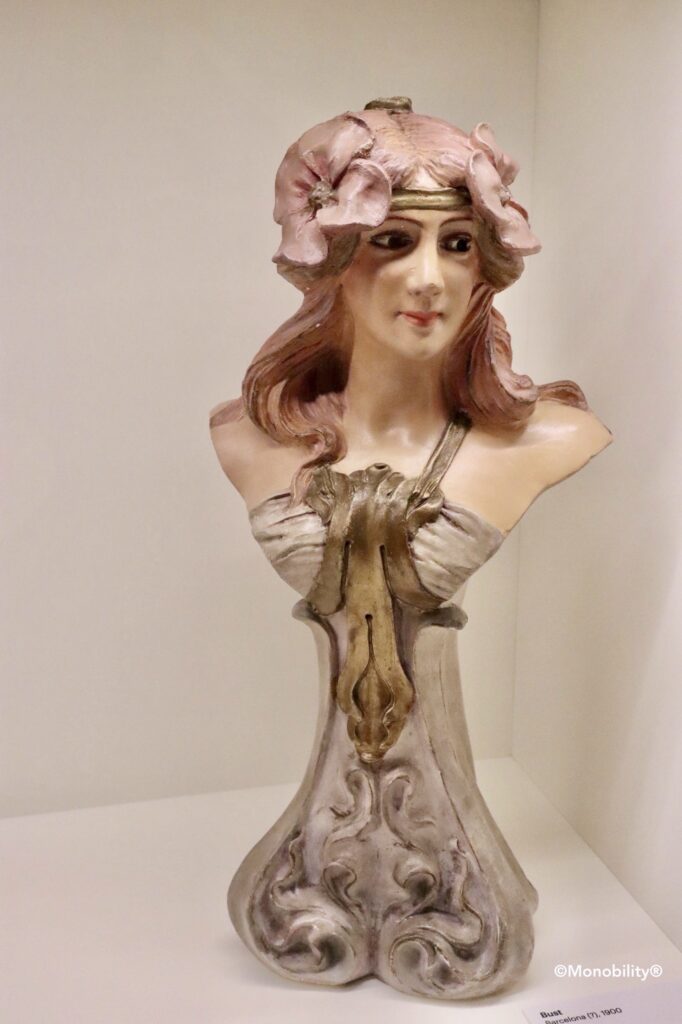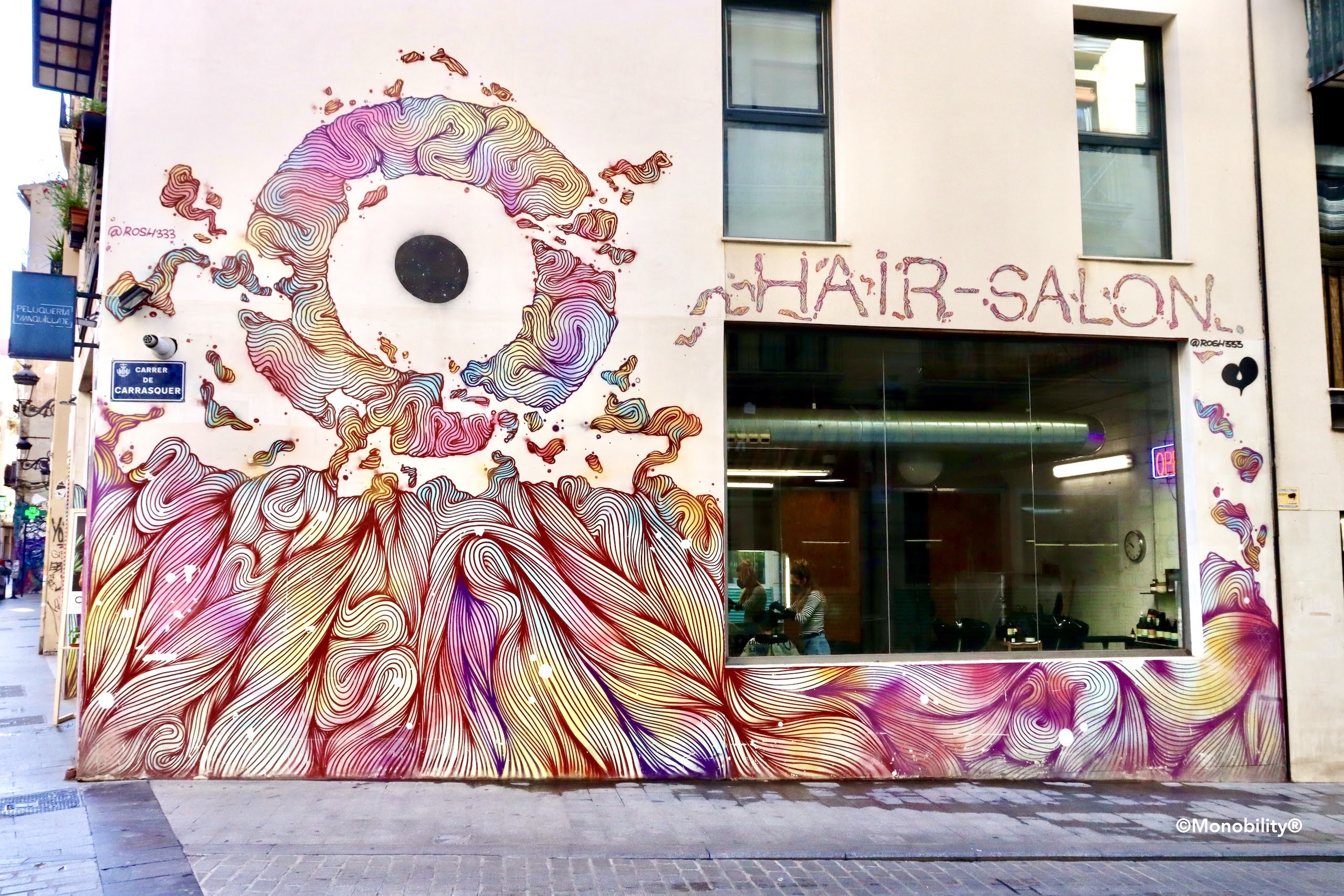Korean is an agglutinative language. Words are formed with morphemes such as verb stems and particles glued together like a string. There are a plethora of particles and suffices available for you as you speak Korean, such as -이, -만, -도, -은, -조차, -말고는, -이라도, -치고는, -마저, -이나마, -빼고, -덕분에, -밖에, -까지도, -때문에, etc., etc. Each of them has stark or subtle differences in its meaning. Consequently, just one syllable, one slip of the tongue makes all the difference in Korean. If misused, they may cause your interlocutor to show you an unexpected response. No wonder Korean is such a poetic, melodic, and emotive language.
Please be ambitious. Learning a foreign language is like an apprenticeship to become an alchemist of words. If you learn to carefully handle those precious particles one by one, you will soon become like a medieval alchemist concocting a brand new love potion made of delicate syllables and morphemes. Why don’t you start with a few simple sentences I made for you below?
눈이 예쁘구나
Your eyes are pretty [ neutral statement, i.e.,“You have beautiful eyes.” ]
눈만 예쁘구나
Only your EYES are pretty (and nothing else about you is pretty)
눈도 예쁘구나
Your EYES are pretty, too (in addition to everything that’s pretty about you)
눈은 예쁘구나
Your EYES are pretty (I am not sure about other parts of your face, though)
Many, many more variations:
눈까지 예쁘구나
Even your eyes are pretty
눈말고는 예쁘구나
Except for the eyes, you are pretty
눈이라도 예쁘구나
At least your EYES are pretty
눈치고는 예쁘구나
For eyes, they are pretty
눈마저 예쁘구나
On top of everything, you have pretty eyes
눈이나마 예쁘구나
Luckily, at least your eyes are pretty
눈빼고 다 예쁘구나
Aside from eyes, everything about you is pretty
눈 뿐만 아니라 마음도 예쁘구나
Not only your eyes, but also your soul is pretty
눈밖에 안 예쁘구나
Nothing but eyes are pretty about you
etc, etc.
Music credit: 조용필, “눈동자 (The Pupil of the Eye)” (깁희갑 작곡)
Join and Enjoy Monobility® Group:



